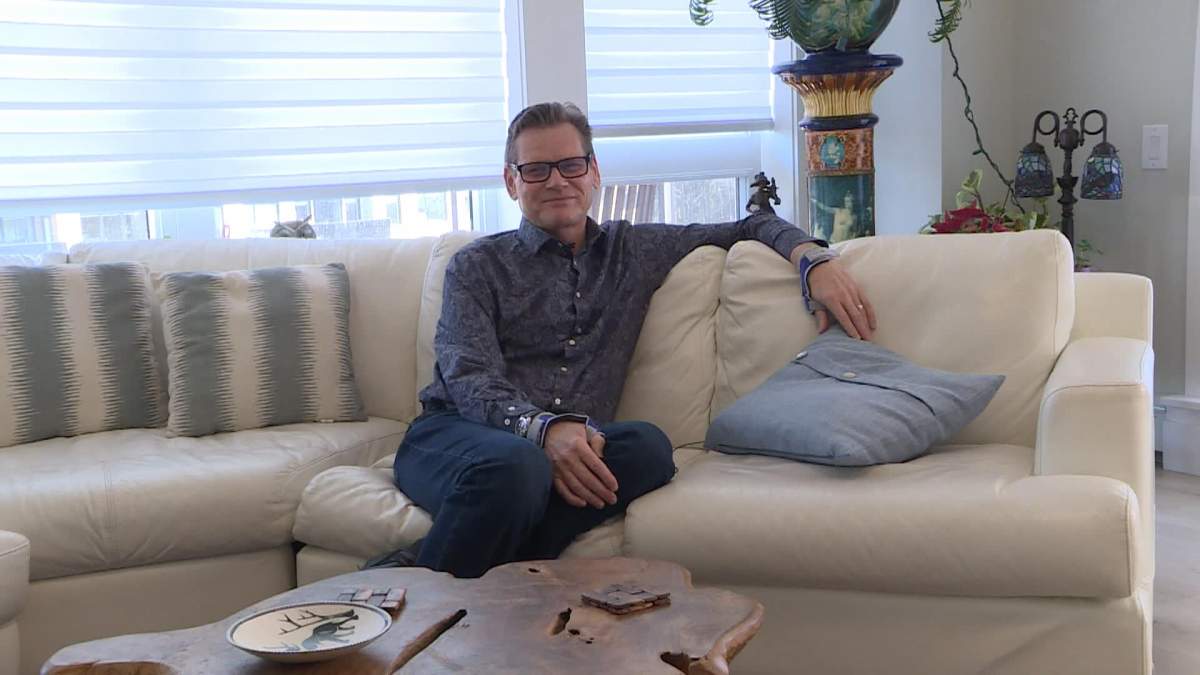The list of Nova Scotians on the Need a Family Practice Registry continues to grow. In the last month of 2022, 5,665 people added their names to the list, bringing the total to 129,321, and there’s ongoing concern that it will only continue to grow.

“Over 200 doctors are above the age of 65 and that means over the next couple of years we’re going to see a mass exodus of our general practitioners,” said Zach Churchill, leader of the Nova Scotia Liberal Party.
George Burden is among the doctors who have recently retired and despite his best efforts, he had to leave the majority of his patients without a doctor. That was never his intention.
Burden says he had always planned to keep working part-time but it’s not simple for doctors to just reduce their hours.
“You can cut down your time in half, but your practice, if you don’t have someone to take over half your practice, it’s like deciding you’re going to herd half a flock of sheep,” said Burden.

Get weekly health news
“You just can’t do it, you’ve got to look after everybody if you’re the only person around.”

Burden says the better option is to find another doctor to take on half the workload but that isn’t easy either. In the end, an injury forced a premature retirement and he had to give up his practice altogether.
“I was still digging around trying to find someone to take over half my practice, but has not worked.”
Burden says he’d like to see the provincial government do more to help incentivize doctors nearing retirement to continue working for a few more years in a part-time capacity.
“What I would like to see is a program put in place which is to take what’s called an APP, which is a funded position where they give you a fixed amount a year to work half-time and to bring another physician into the practice.”
He says the government should also consider doing something like Newfoundland, which recently started a pilot project where they waive membership fees for currently retired physicians who opt to return to practice under the program.
“One of the barriers to this is I probably spend $12-15,000 a year in dues and fees and that sort of thing,” said Burden.
Doctors Nova Scotia president Dr. Leisha Hawker says they have worked with government to create a transition program called Tip Top, where physicians wanting to reduce hours can be paired up with someone just starting out, but she admits it’s something that hasn’t widely taken off.
“It’s something we need to do more often. I believe there’s just been a handful of cases where it’s been approved,” she said.
“Traditionally what happens is a physician leaves practice before government or the health authority approves funding for a replacement position.”
In a statement, the Department of Health and Wellness calls retired physicians “very valuable” and says “finding ways to integrate them back into the healthcare system is one way we are looking at addressing labour shortages.”
“That is why Virtual Care Nova Scotia, mentorship opportunities and supporting medical education initiatives have all been offered to physicians who are looking to or have recently retired in Nova Scotia,” the department said.
But Burden says if the province could help family physicians stick with their own practices longer, it could help more Nova Scotians keep a doctor.
“If you can keep 200 doctors working part-time, that’s the equivalent of 100 doctors full-time.”









Comments
Want to discuss? Please read our Commenting Policy first.